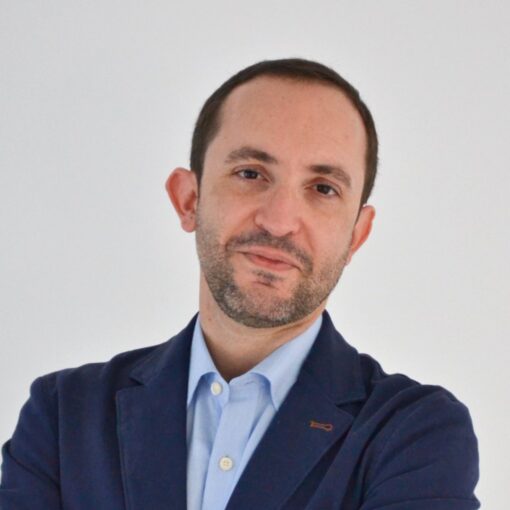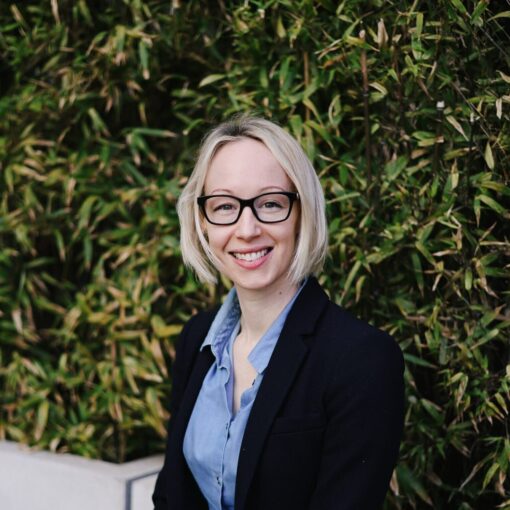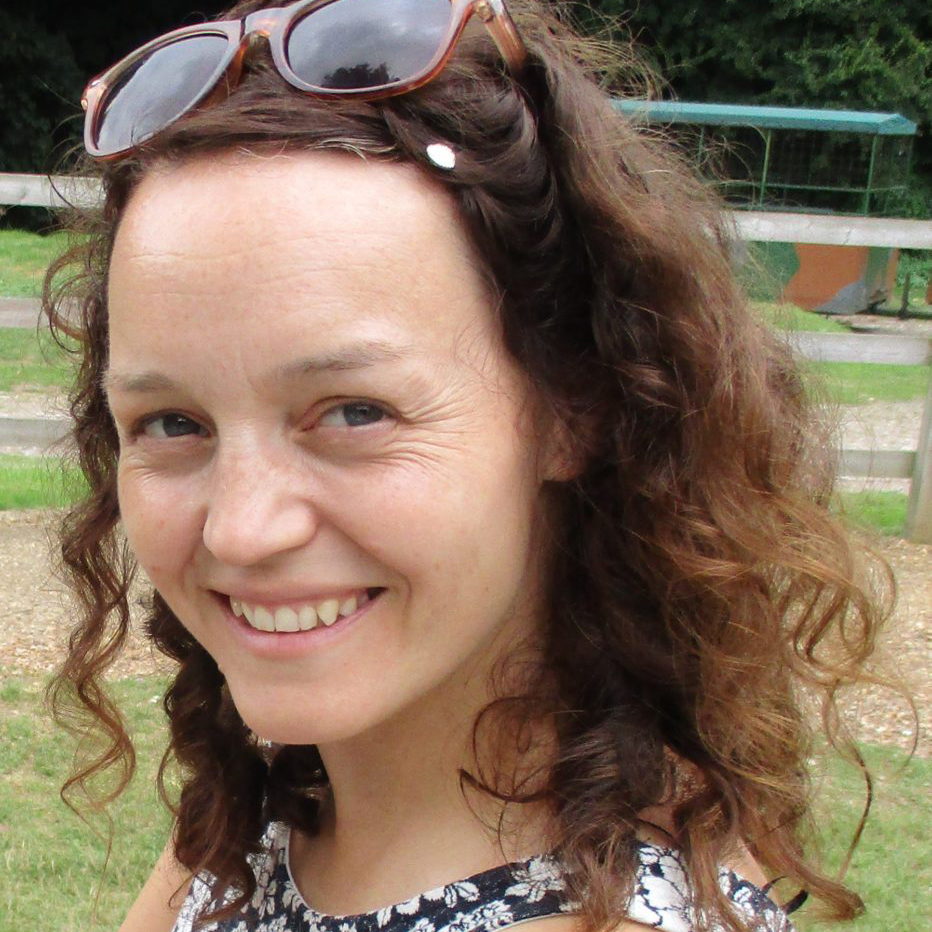PhD in Neuroscience, University of Bristol
| Industry Partnerships Manager | |
|---|---|
| University of Oxford | |
Year entered into a non-academic position: 2011 (to begin a postdoc in industry)
Job highlight: Meeting enthusiastic academics with great innovative ideas.
My research training set me up to…: get on with work independently and think for myself. In research, there is no right or wrong; you have to look at the evidence and options and use that information to make a decision on what to do next.
What’s your background?
I had a fairly typical education, attending the University of Bath for an accelerated undergraduate MBiol degree in Biology with a placement year in industry, and a Masters qualification. I undertook a 3-year PhD at the University of Bristol and became heavily specialized in a technique called electrophysiology, which in my case, mostly consisted of poking holes in brain cells. After my PhD, I undertook a postdoc position in industry at Eli Lilly and stayed on as a research scientist involved in early phase drug development, with a hands-on role in the lab. I then moved into a non-lab-based role at GE healthcare as an Industry-Academic Alliance Manager in Positron-emission tomography (PET) imaging, which morphed into a role in digital health project management. I now work as an Industry Partnerships Manager for the Medical Sciences Division at the University of Oxford, where I reside with a happy team of around 13 people.
Why did you move away from academia?
When writing my PhD thesis, I became aware that my skills lay more in lab-based research, rather than in scientific writing. However, after seeing my supervisor, who was a junior PI, spend less and less time in the lab, it became apparent that, as an academic, you eventually end up only working in the office! I would have loved to teach at university, but felt that teaching-only opportunities were few and far between and quite career-limiting. I began to explore R&D options in industry and was lucky enough to get a postdoc position in a pharmaceutical company. After this I then began to learn about all the other non-lab-based opportunities in science. I don’t regret doing all the education and training I did, but it would have been nice to have known all the options sooner rather than stumbling by them by luck.
How did you prepare for the work involved in your job?
I think the key has been to undertake a variety of roles. I have worked as an academic, had roles in and out of the lab, had scientific and less scientific roles, and worked in a variety of environments and industries. It is this variety that has helped me to see both sides of the partnership when it comes to academic and industry relations in my current role.
How did you get each job?
Eli Lilly: it was sheer luck that my bosses’ previous boss was setting up a new lab, otherwise I would never have of heard of the possibility to do a postdoc in industry.
GEHC: this was the toughest role to get. It was my first move out of the lab and consisted of at least three phone call interviews and two face to face interviews.
Oxford University: traditional application & interview.
Can you describe a typical week in your job?
I meet new academics and new industry partners every week, meaning that I don’t have a typical week. I foster the development of collaborations between Oxford academics and industry partners, on any scale from an individual 1:1 project to large strategic alliances with several cross-departmental projects. Collaborations can vary from in-kind contributions up to funds in the millions. My work involves meeting new people at local and national networking events, connecting people, and be a point of contact between the university and industry partners to help them navigate the devolved structure. One minute I can be helping develop a scientific proposal and the next finding answers to operational queries and navigating contracting issues. I also run networking events, funding calls and develop new strategies in academic-industry partnering. There are next to no ground rules for how to do this job well!
What’s the workplace culture like?
In industry, the culture is typically fast-paced, goal-oriented, project-driven and there are lots of opportunities for training, reward and learning new skills. That being said, projects can be cancelled overnight and there can be high turn-over of staff. I was surprised to find that industry roles offer large periods of time to explore off-topic training and outreach projects, akin to the outreach opportunities I had as a PhD student.
How did your PhD prepare you for your current job? For example, what were the transferable skills that you developed during your PhD that are most relevant to your current job?
The most relevant transferable skills included communication skills (e.g. giving scientific presentations), the ability to work on a variety of different projects at the same time (e.g. running outreach activities alongside my PhD), having a good understanding of science, the ability to see things from the point of view of an academic, and also strong networking and interpersonal skills for building new connections.
What are your favourite parts of your job?
Meeting a range of people, doing something different every week and seeing cool technology being developed. I also have a soft spot for helping junior academics to do something a bit different.
What are your reflections on your career path?
- I have been lucky (I have stumbled across all the great opportunities I could hope for)
- It’s been unplanned
- I’d do the same again
- I enjoy great flexibility in the role, location and number of different places I can work
- My career has been varied
Do you have any advice for current graduate students and postdocs considering a career outside of academia?
There are absolutely loads of other options outside of academia. They can be hard to find as the job titles have a variety of names with vague job descriptions, but persevere in your job search, enter lots of different terms, and look at a whole variety of industries. And be creative: I’ve previously seen an advert from a games company who were looking for a neuroscientist. Don’t think that you have wasted your current education. There are plenty of roles that will require or will use your academic background. It is better to move to something you enjoy than feel you need to commit to a traditional academic career path if you might be miserable. Doing something different will instantly increase your skill set.
Can you recommend any relevant resources, organisations or events that might help somebody new to the sector find out more about it?
Below are some conferences and training opportunities in the area in which I work:
- https://www.praxisauril.org.uk/
- https://www.uiin.org/
- https://www.uidp.org/
- http://obn.org.uk
- https://www.university-industry.com/





